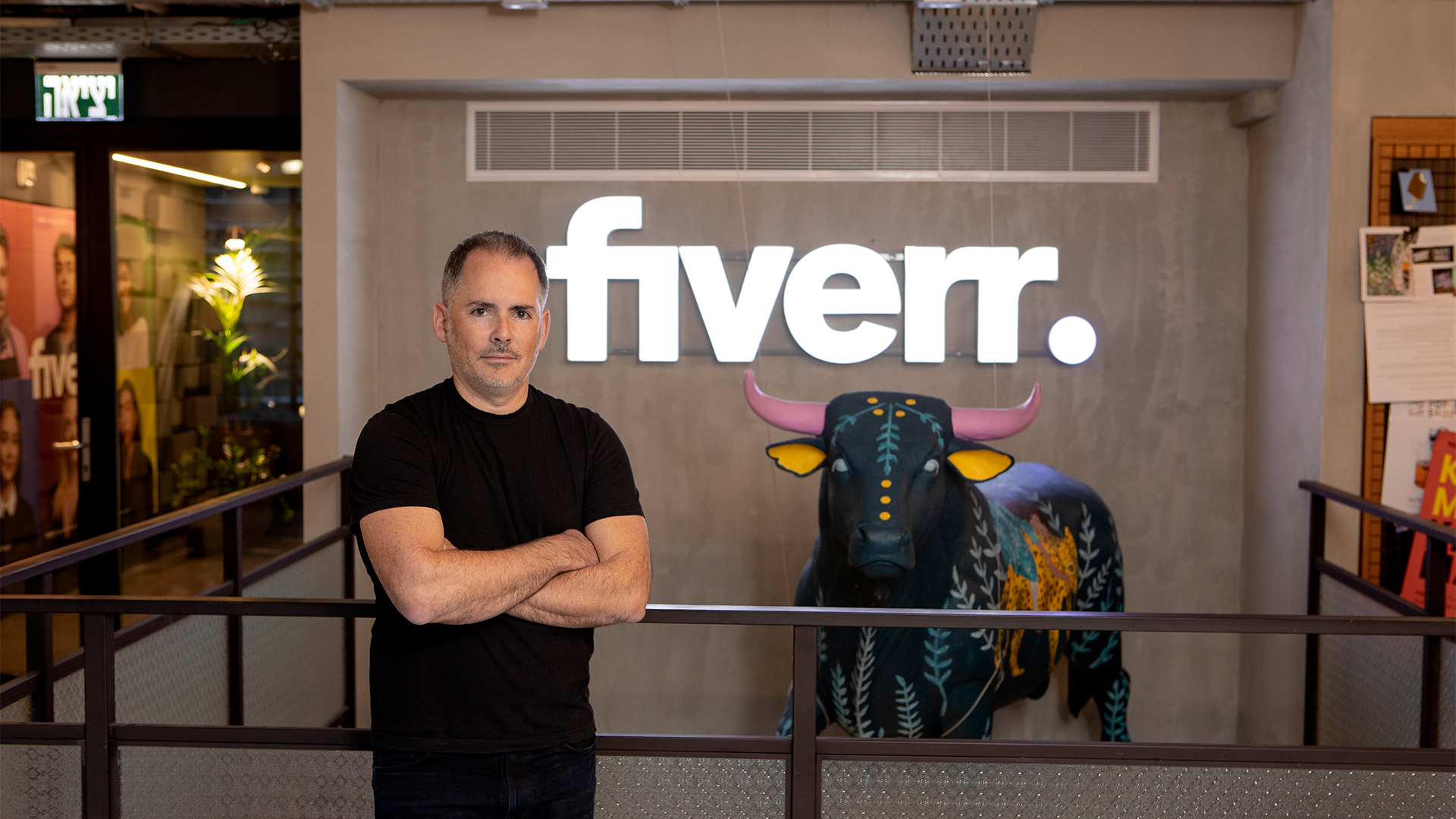UK Government starts to recruit Incubator for AI team
Deputy prime minister Oliver Dowden said wider use of AI could transform productivity across the Civil Service


The UK government is building a new Incubator for AI team to encourage the adoption of AI across government services.
In a speech to a government training conference on programming, AI, and data science, deputy prime minister Oliver Dowden said there were enormous opportunities for the public sector to use AI to transform its processes and improve efficiency.
Dowden highlighted the government's trial of 'AI red boxes', suggesting that AI, rather than civil servants, could summarize and compile official documents.
Read more
"The potential productivity benefits from applying these technologies to routine tasks across the public sector are estimated to be worth billions," he said.
"The UK is already leading the way: Ranked third in the Government AI Readiness Index and attracting £18 billion of private investment since 2016. Traditionally, though, the public sector has not been the fastest adopter. But with AI it doesn’t have to be that way."
There are plans to upskill thousands of civil servants in areas such as programming, engineering, data science and machine learning. Training for civil servants is already being delivered by the ONS Data Science Campus, One Big Thing, and Evidence House, with these initiatives to be supported by i.AI engineers and developers through a series of bootcamps, seminars and hackathons.
Meanwhile, on a new website – ai.gov.uk – the UK government is now advertising for an initial 30 roles for technical AI experts, program managers, product manager,s and engagement specialists. The postings include AI engineers, cloud platform engineers and data engineers, with salaries ranging from £64,700 to £149,990.
Get the ITPro daily newsletter
Sign up today and you will receive a free copy of our Future Focus 2025 report - the leading guidance on AI, cybersecurity and other IT challenges as per 700+ senior executives
"One of their first tasks will be to assess which government systems have data curated in the right way to take advantage of AI and which systems need updating before that full potential can be harnessed," said Dowden.
"I think of the potential of this work, from correspondence to call handling, from health care to welfare. I don’t mean replacing real people with robots, or adding to the frustrations of dealing with government. I mean removing the things that annoy people most in their dealings with officialdom – namely the time it takes to do things quickly."
A secure, shared data infrastructure for government is expected to eliminate the need for individual service areas to build their own, which the government acknowledges often results in disjointed services, extra costs and greater risk.
The team will also develop and offer shared AI infrastructure for testing and development purposes, saying the aim is to improve efficiency and collaboration among government agencies and evaluate the usefulness of AI solutions being deployed across government.
Earlier this year, the government announced plans to 'parachute in' tech experts from the private sector, with a series of secondment programmes now under way.
Emma Woollacott is a freelance journalist writing for publications including the BBC, Private Eye, Forbes, Raconteur and specialist technology titles.
-
 ‘AI is coming for your jobs. It’s coming for my job too’: Fiverr CEO urges staff to upskill or be left behind
‘AI is coming for your jobs. It’s coming for my job too’: Fiverr CEO urges staff to upskill or be left behindNews The latest in a string of AI skills warnings has urged staff to begin preparing for the worst
By Ross Kelly
-
 Anthropic ramps up European expansion with fresh hiring spree
Anthropic ramps up European expansion with fresh hiring spreeNews Anthropic has unveiled plans to further expand in Europe, adding 100 roles and picking a new EMEA head.
By Nicole Kobie
-
 How simplicity benefits the IT partner ecosystem
How simplicity benefits the IT partner ecosystemSponsored Content Across private cloud and AI adoption, simple approaches can unlock more time and money for IT teams
By ITPro
-
 AI skills training can't be left in the hands of big tech
AI skills training can't be left in the hands of big techNews Speakers at Turing's AI UK conference lay out challenges to AI skills readiness
By Nicole Kobie
-
 The role of AI and cloud in true digital transformation
The role of AI and cloud in true digital transformationSupported Content Both cloud computing and AI technologies are vital to pushing your business forward, and combining them in the right way can be transformative
By Keumars Afifi-Sabet
-
 Generative AI adoption is 'creating deep rifts' at enterprises: Execs are battling each other over poor ROI, IT teams are worn out, and workers are sabotaging AI strategies
Generative AI adoption is 'creating deep rifts' at enterprises: Execs are battling each other over poor ROI, IT teams are worn out, and workers are sabotaging AI strategiesNews Execs are battling each other over poor ROI, underperforming tools, and inter-departmental clashes
By Emma Woollacott
-
 ‘If you want to look like a flesh-bound chatbot, then by all means use an AI teleprompter’: Amazon banned candidates from using AI tools during interviews – here’s why you should never use them to secure a job
‘If you want to look like a flesh-bound chatbot, then by all means use an AI teleprompter’: Amazon banned candidates from using AI tools during interviews – here’s why you should never use them to secure a jobNews Amazon has banned the use of AI tools during the interview process – and it’s not the only major firm cracking down on the trend.
By George Fitzmaurice
-
 Starmer bets big on AI to unlock public sector savings
Starmer bets big on AI to unlock public sector savingsNews AI adoption could be a major boon for the UK and save taxpayers billions, according to prime minister Keir Starmer.
By George Fitzmaurice

